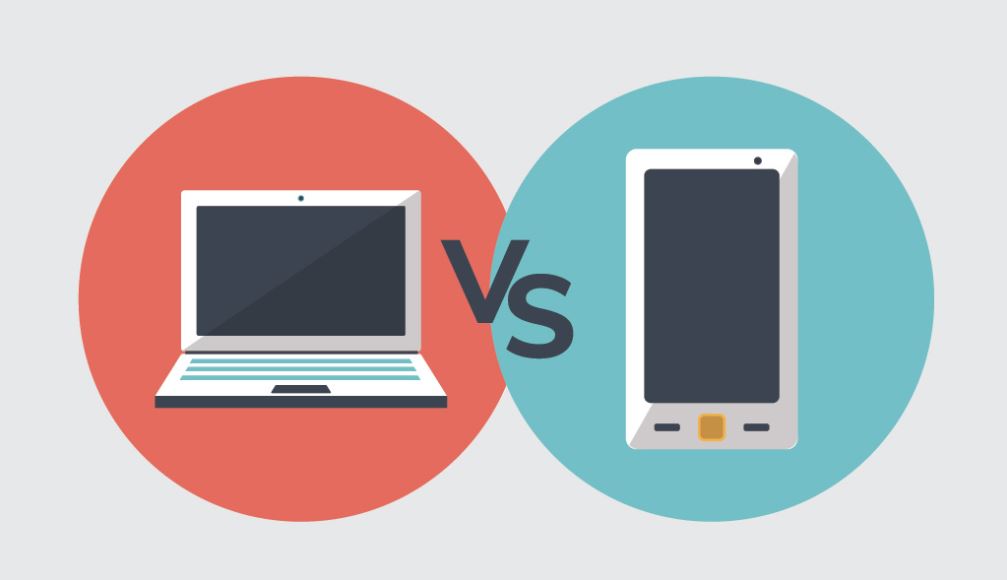People are spending more and more time on their mobile devices, interacting with the web in various ways. But even when you use your phone or tablet as you would a desktop computer, there are many differences between the two, including the way search engines work.
To reach people on all devices, you can optimize not only desktop search engines but mobile devices as well. Unlike the desktop, mobile search engine optimization (SEO) is affected by user location, screen size, device operating system, and more. Understanding these differences makes it possible to improve your ranking across devices and expand your business.
How is Mobile SEO different?
Mobile optimization requires many of the same desktop SEO best practices (if you need to get up to speed on SEO fundamentals, check out our What is SEO? Article). But mobile search results are much more variable than desktop search results because they are influenced by an additional set of factors.
Things like page organization, user location, operating system, screen size, and more affect content that receives a higher ranking. The interaction of these variables means that search engine crawling, indexing, and ranking processes differ between devices.
Mobile SEO provides a framework for success on any device. But first, it is important to know what is different between a computer and a cell phone and how these differences affect search results.
This is where they diverge:
Search engine results pages (SERPs)
What differs the most between desktop and mobile SEO is the layout of the search engine results pages (SERPs). Since mobile phones are smaller than desktop computer screens, Google doesn’t have enough room for two columns.
This means that anything on the right side of a desktop search result will pile up above or below organic search results, and fewer results will be displayed on the first page; This is especially true for paid listings (pay-per-click results).
Additionally, the Knowledge Graph panel is displayed at the top of mobile SERPs – this is the content block that responds to a web query with summarized information so you don’t have to click on any links.
Similarly, Landmarks, Things to Do, and Google My Business results surface at the top of mobile SERPs. This engaging and highly interactive content pushes search results further down the page. However, on the desktop, it is to the right of the results.
Location
Most modern mobile phones have a global positioning system (GPS), which provides search engines with more accurate location data than desktop ones. Even if a device does not have GPS, mobile phones have other ways of providing location data to search engines, influencing search results.
This is one of the main reasons why mobile search results vary much more than desktop search results: if you search for something in Bangkok, the results are likely to be very different than if you search in the city of New York.
However, desktop searches are also influenced by the physical location of your cell phone, if you are signed in to a Google account on both. Some believe that the weight of location information is greater in mobile searches, which means that it has more influence on the results.
For example, you are more likely to get a map result when searching for a restaurant on your phone than on a desk. But you can also change the pay-per-click ads that are displayed, as Google’s advertising platform, AdSense, allows advertisers to geographically target ads based on zip code or postal code. You can test the impact of location on your search rankings with MobileMoxie’s SERPerator tool.
Phone operating system
Mobile search results are also affected by phone operating systems. This is especially true if Google believes that the query may have an application-oriented intent. In that case, search engines are more likely to display an app bundle – the colored grids of app icons that link directly to an app in the app store.
Keywords like “race tracker,” “fun game,” or “image editor” tend to rank apps, because those keywords are associated with apps that people use and download frequently.
Google will only show app bundles with apps that work on your phone’s operating system, usually iOS or Android. Since most applications do not work on the desktop, application bundles usually do not show up in the desktop results.
Screen Size
Google adapts the search results to fit the device you are using to search. This affects the number of visible results on the page. When tablets flooded the market, they added even more variations to SERP layouts.
Other Factors
Finally, Google has new search functions and some are specific for mobile devices. For example, Google now offers searches through augmented reality (AR). This technology enables Google to provide search results on what it finds in the frame of your mobile device’s camera.
Let’s say you have a golden retriever dog: if you opened the camera on your mobile device with your dog in the frame, Google will identify the breed of the dog and display search results for it. Mobile SEO experts predict that search capabilities on devices will continue to be more interactive.
